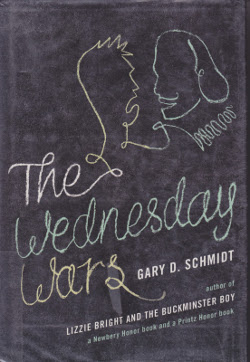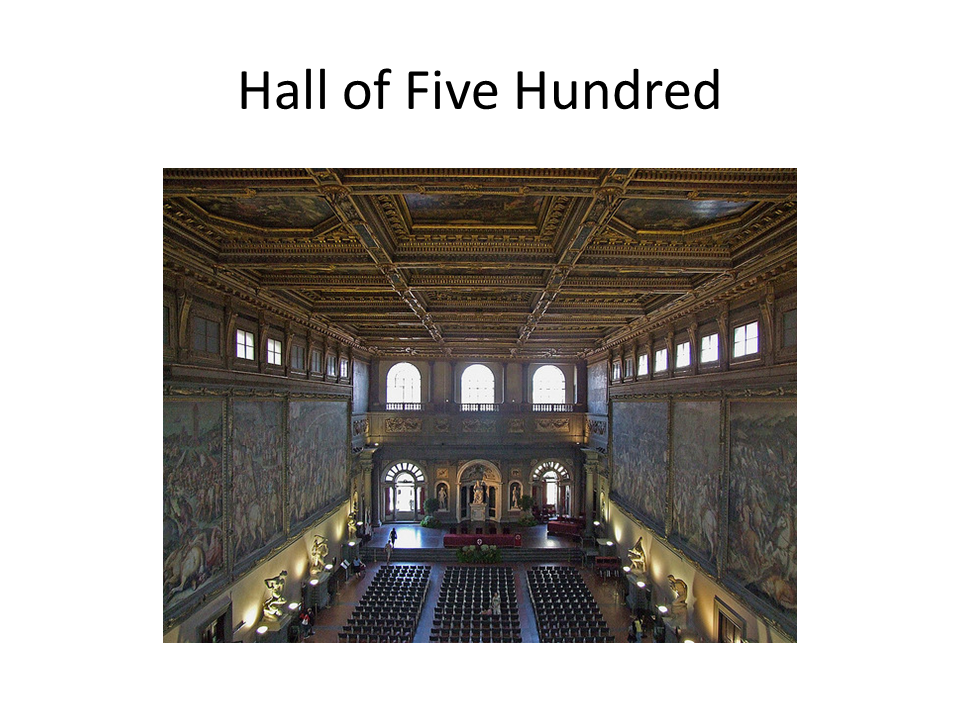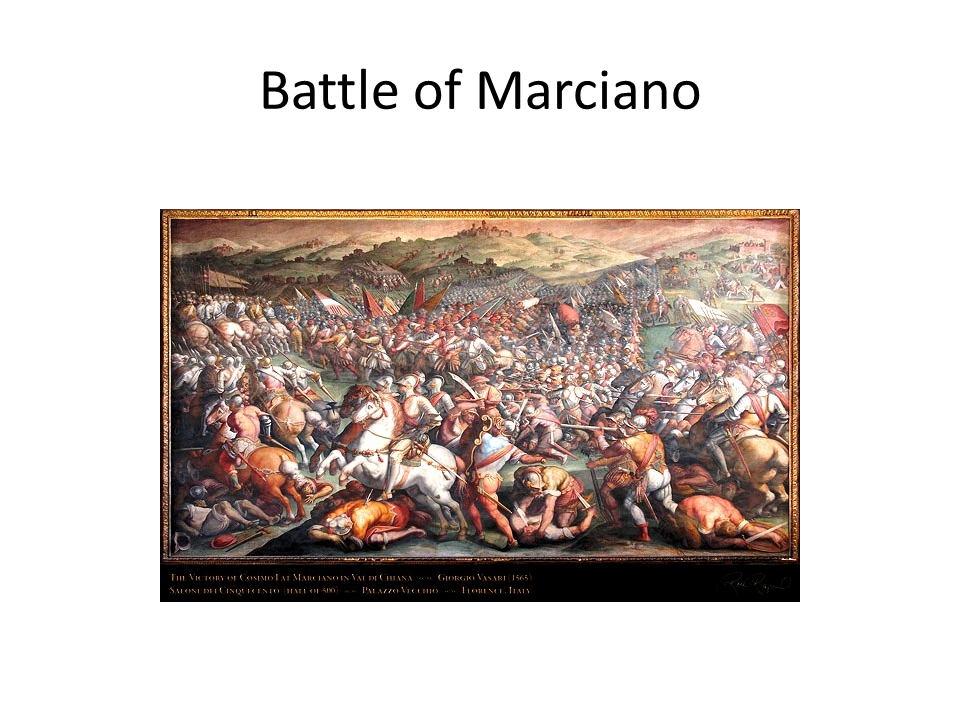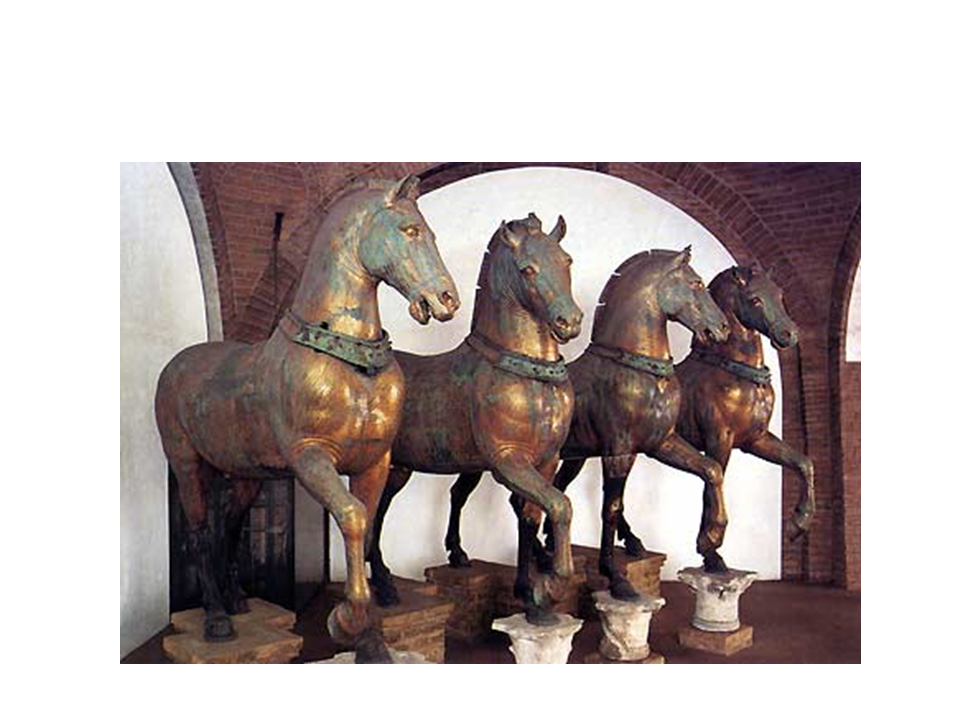Pride and Prejudice was written by Jane Austen and printed in 1813. Despite being over 200 years old, its characters still resonate with readers. What is it about this novel that captures the imagination? Personally I love the flawed characters, the witty dialogue, the social commentary and the lessons learned across the different relationships.
The first line of the book states: "It is a truth universally acknowledged, that a single man in possession of a good fortune, must be in want of a wife." This sets the reader up for the introduction of Mr. Bingley and Mr. Darcy, who have such good fortunes that their need for wives must be great. Jane Bennett is such a beauty, as well as so good natured, that she is immediately seen as an excellent candidate. One of the discussion points for our group was, why isn't Jane already married? She had to be at least 21 at the beginning of the book, which was almost an old maid back in 1813. Her good lucks and amiability should have secured her a husband well before the arrival of Mr. Bingley.
As one of the central characters, Elizabeth Bennett is a strong female. She speaks her mind, even when it is not appropriate. She turns down a proposal of marriage from Mr. Collins even though it is a respectable offer that would benefit her family. She turns down a proposal from Mr. Darcy and does not spare his feelings on her reasons why. She goes for long walks on her own in a time where governesses and chaperones often shepherded young women wherever they went. This independent mind and spirit set her apart from the other women in the book. When Elizabeth learns more about Mr. Darcy and her feelings change, it is clear that she loves deeply.
Mary is the awkward middle child. In our book group discussion we all felt sorry for Mary. You wonder what would happen if she had been given the chance to be courted by Mr. Collins. She seemed good hearted, although serious. She clearly worked hard and had a desire to be valued. We need people like Mary in this world and it seems like she gets the least consideration of any of the characters in the book.
Lydia and Kitty are young girls in need of direction. However, it is clear that there are no examples of effective parenting throughout the book. The Bennett's allow, and even encourage, their girls to throw themselves at men without any review of the appropriateness of the men. They allow them so much independence that they often are at odds with social norms.
Charlotte Lucas is an interesting character because she was an older, plain woman, who found happiness in her situation. She saw the opportunity to be happy, and she grabbed it. There are many times in our lives when we too need to make the best of our situations, and reading Charlottes story can help us to see that there can be happy endings in unlikely places.
Interestingly, Mr. Darcy has become a reference point for the perfect romantic man. In the novel he is bad at small talk, and horrible at proposals, but he does have passionate feelings and acts upon them. The BBC version of Pride and Prejudice popularize the image of Mr. Darcy. According to Colin Firth, when he was first offered the rold of Darcy, his brother incredulously remarked, "Darcy? But isn't he supposed to be sexy?" And my husband was surprised when I told him that the book does not include a scene where Mr. Darcy swims across a pond.
Some other questions we discussed were:
- How would the book change if it ended with Lydia and Wickham's disappearance?
- Who would benefit from a parent's interference?
- Was Charlotte Lucas right to marry Mr. Collins?
- Elizabeth is furious with Darcy for breaking up the match between Jane and Mr. Bingley. Although he initially defends himself, she changes his mind. Later, when Lady Catherine attempts to interfere in his own courtship, he describes this as unjustifiable. Should you tell a friend if you think they're about to make a big mistake romantically? If you have, how did that work out for you?
Other spin off books that you might enjoy:
Death Comes to Pemberley
Austenland:
If you enjoyed, Pride and Prejudice, other Jane Austen books you should read are:
Emma:
Sense and Sensibility:
Mansfield Park:
And here are some excellent film/tv versions of Pride and Prejudice or spin-offs that are work taking a look at:
And if that isn't enough for you, in 2015 Pride and Prejudice and Zombies is scheduled to be released.



























































